THE BOOK OF WILLIAM
BY THE SAME AUTHOR
The Trouble with Tom: The Strange Afterlife and Times of Thomas Paine
Not Even Wrong: A Fathers Journey into the Lost History of Autism
Sixpence House: Lost in a Town of Books
Banvards Folly: Thirteen Tales of People Who Didn't Change the World
The Book of William
How Shakespeares First Folio
Conquered the World
Paul Collins

New York Berlin London
Copyright  2009 by Paul Collins
2009 by Paul Collins
All rights reserved. No part of this book may be used or reproduced in any manner whatsoever without written permission from the publisher except in the case of brief quotations embodied in critical articles or reviews. For information address Bloomsbury USA, 175 Fifth Avenue, New York, NY 10010
Published by Bloomsbury USA, New York
All papers used by Bloomsbury USA are natural, recyclable products made from wood grown in well-managed forests. The manufacturing processes conform to the environmental regulations of the country of origin.
LIBRARY OF CONGRESS CATALOGING-IN-PUBLICATION DATA
Collins, Paul, 1969
The book of William: how Shakespeares first folio conquered the world/Paul Collins.
1st ed.
p. cm.
eISBN: 978-1-60819-138-3
1. Shakespeare, William, 15641616BibliographyFolios. 1623. 2. Early printed books17th centuryBibliography. 3. BooksHistory.
I. Title.
Z8813'C65 2009
[PR2888]
016.8223'3dc22
2009006722
First U.S. edition 2009
1 3 5 7 9 10 8 6 4 2
Design by Rachel Reiss
Typeset by Westchester Book Group
Printed in the United States of America by Quebecor World Fairfield
To That Most Incomparable and Noble Uncle,
Daniel Marc Thomas
CONTENTS
Practically speaking, this auction room and its contents are on fire.
But its the slow burn of old books, a combustion through yellowing and foxing; one so imperceptible that it warms rather than consumes, like a living presence pressed against your skin. Sothebys on preview day is where they glow the warmest, these heirlooms and attic treasures, these cast-off orphans of royal libraries and county manors: they shake off the years of dust to be cradled in the hands of bibliophiles filing in off New Bond Street. Tomorrow these volumes may be headed to a Norfolk book dealer, a Paris expats mantel, or to a collector in Tokyosome to be read voraciously, some to never be opened again, and a few to perish when a candle flame or a tectonic plate goes awry. But today these books are together, intact and readable, and bask in more attention than many of them have seen in centuries.
A book dealer next to me hefts in his palm the leather binding of a 1727 Works by John Locke, still bearing faint traces of having survived a fire and a flood; on my other side an elderly lady buries her attentions within the red morocco of Lot 75, a 1683 edition of The Compleat Servant-Maid; Or, The Young Maidens Tutor. The first instructions in the book are all about preservingcherries, roses, walnuts, apricocksmarmalade of quince, syrup of violetseverything was so perishable then. Curiously, after preserving fruit the books very next tutorial is in the art of writing: the boiling down and preserving of thoughts.
Over here sits Lot 62, a 1598 black-letter Chaucer still bearing the owners bookplate of one W. Featherstonehaugh; over there in Lot 142 awaits a soiled, spattered, and rubbed copy of Dracula bound in what was once bright yellow cloththe sort of thing you might find in a garage saleexcept that when opened it reveals the scribbled-in date of 18 Nov 1897 and this notation:
With best wishesBram Stoker.
But whats really attracting attention is not any one booknot even the pale blue first-edition Ulysses, or the unpublished Henry James letter (Too many notes, too many calling cards, dinners, women, above all... I shall crawl into a hole in the sand)no, what suddenly gets attention in here is what gets everyone elses attention in the world. Put bibliophiles in a room with the rarest books and watch them drop everything when a guy with a Steadicam comes in.
Ill break my staff, the reporter paces past me, practicing his lines. Bury it certain fathoms in the earth. And, deeper than did ever plummet sound, Ill drown my book.
The London crew for the Canadian Broadcasting Corporation tracks Don Murray as he strolls across Sothebys auction room, with his fellow reporter Piya doubling on handling a furry boom mike and checking audio levels.
But this rough magic I here abjure, Don declaims again, and, when I... I... ahem... Damn.
The cameramans happy, anyway: its impossible to take a bad shot in this room. Every single inch of vertical space is polished wood shelving, and every horizontal inch of that shelving is loaded with handsome volumes lined up like suitors, waiting for an auction tomorrow that will be the greatest in Sothebys history. Arranged between these wall-to-wall books are long tables for dealers to go riffling through everything from Oscar Wildes personal correspondence and Sylvia Plaths doodle of a teapot to an 1862 letter from the king of Siam ordering more crates of Needhams patent gin. Within a room the size of a Dairy Queen, there is something on the order of $10 million worth of books and papers lying around.
And theres that one book. The book.
But this rough magic, Don starts again, I he... No, no. No.
I glance at the Sothebys staffers next to me. Theyve shadowed me ever since the doors opened to their inner sanctum and I tumbled through. In a room filled with middle-aged men in spectacles and dapper linen blazers for the July heat, Im the one guy who looks most likely to douse himself in lighter fluid and scream gibberish about Freemasons. It cant be helped: an hour ago I was at Heathrow scrambling from a delayed red-eye and past customs, baggage lost, checking my watch all the whilePreview starts at nine!and I look all-night-bender disheveled. So they follow me. Id follow me. But as I do nothing but look at the most suicidally boring booksProposal for County Naval Free Schools?the two finally, in desperation, fall into conversation.
Word was that wed have the Guardian chap in again today, one says, though theyve had every sort of chap in todayAmerican journalists, British journalists, German journalists, you name it. As if on cue, a Chinese journalist wanders in and looks utterly lost.
Maybe well make the front page.
No, the first shakes his head. Another eminent artist, it seems, has stolen their thunder this morning: Syd Barrett.
Oh?
Died.
Damn him.
They go off to rescue the hapless Chinese visitor, and another blue-blazered worthy discreetly stations himself near me as I head over to a bookshelf and pick through Lot 84, a collection of books by the Reverend Thomas Dibdin. I delightedly grab The LibraryCompanion: Or, The Young Mans Guide and The Old Mans Comfort inthe Choice of a Library. Im approaching an age where I fall between those two chairs, receiving neither guidance to the young nor the comfort of the old; even so, I leaf contentedly through Dibdins preface. A re-action is taking place, he marvels of the London of 1825. Circulating libraries are enlarged and multiplied. The surplus of wealth, in these piping times of peace, finds vent in the channel of book-purchasing. It still doesbut now that surplus is elsewhere, in the oil derricks of Russia and the assembly lines of Japanand so, one suspects, is the next generation of book collections.
Next page
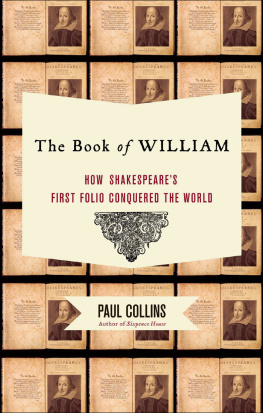
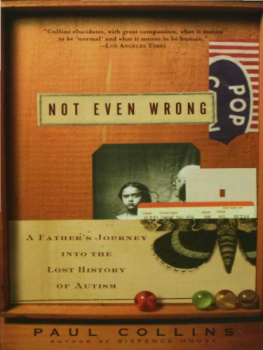
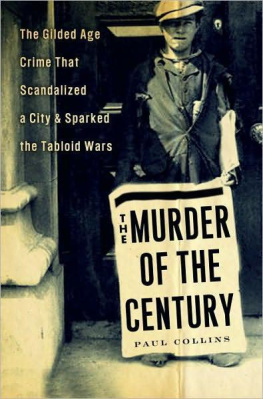
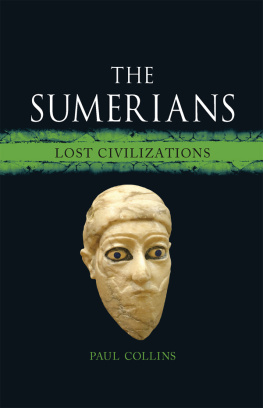
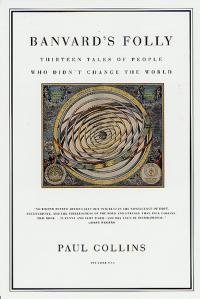
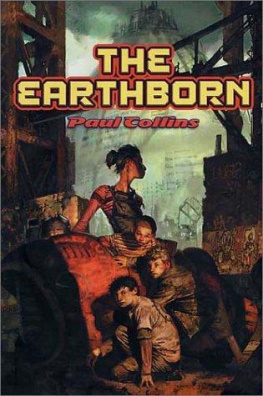
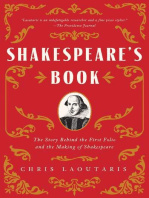
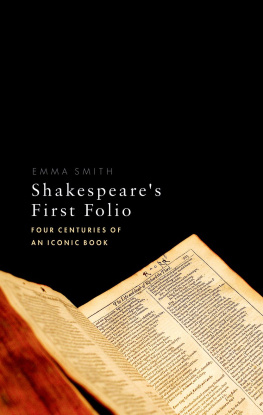

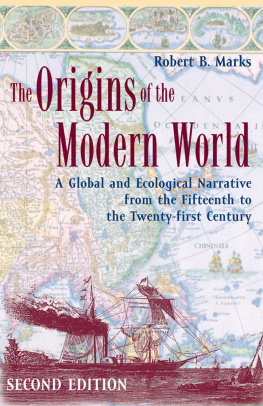

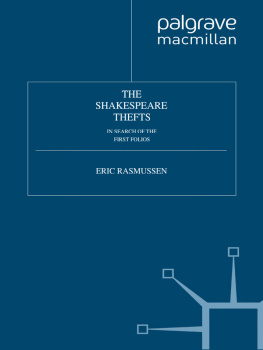


 2009 by Paul Collins
2009 by Paul Collins